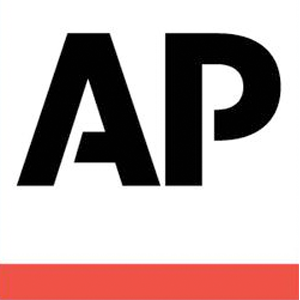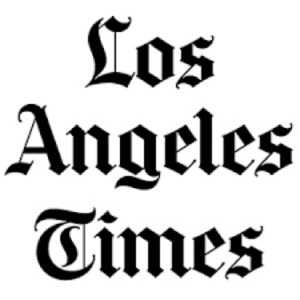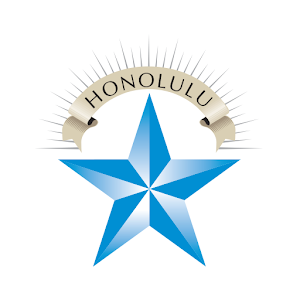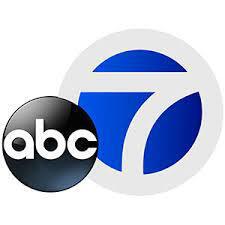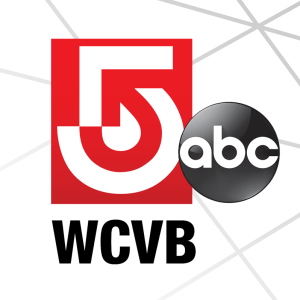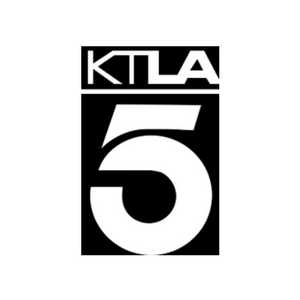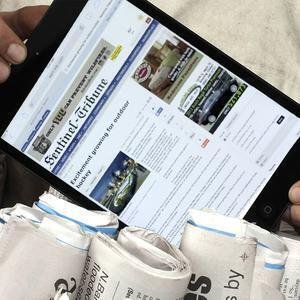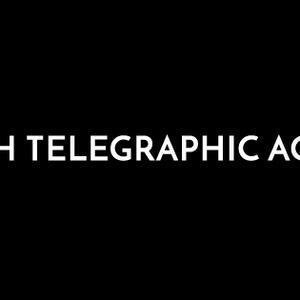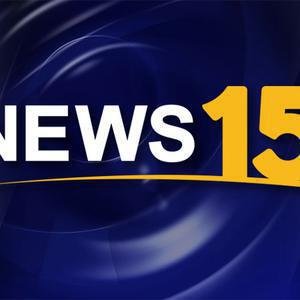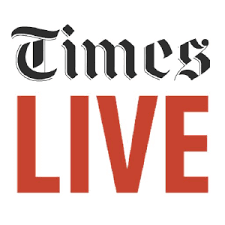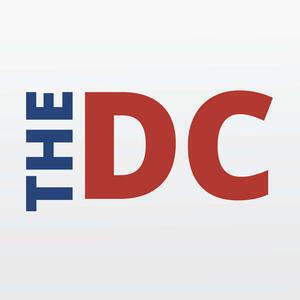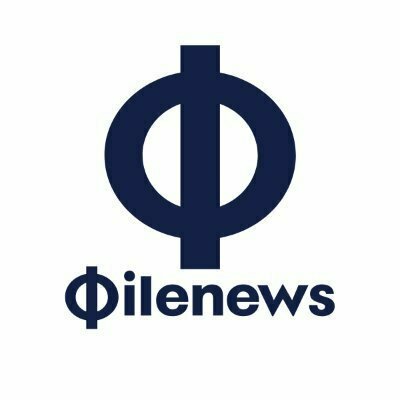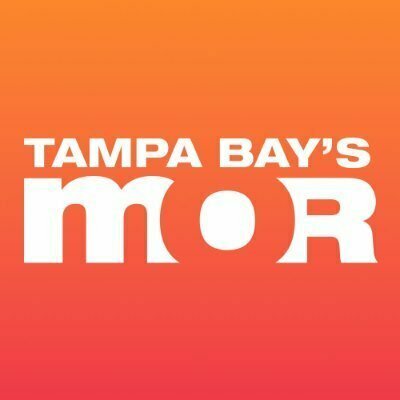The University of Southern California (USC) is continuing to receive backlash for its decision to cancel this year’s valedictorian’s graduation speech. USC banned Asna Tabassum, a senior majoring in biomedical engineering, from speaking at the school’s commencement ceremony in May, as the school cited safety concerns.
Some Jewish students called for USC to disinvite Tabassum, a Muslim woman, from speaking at the school’s commencement ceremony, citing a link she had on her Instagram. The link was to a pro-Palestinian page that said, “Zionism is a racist settler-colonial ideology.” It also called for the abolishment of the state of Israel “so that both Arabs and Jews can live together.”
USC subsequently cancelled her speech on Monday, April 15, citing safety concerns. However, the school did not identify a specific threat. The decision confused some students. They said they believe the university is deflecting in hopes of quelling the controversy.
“They’re just confused as to why, you know, she’s not going to be able to due to security concerns, when there was a former president on our campus literally last year in Barack Obama,” Dylan Luden, a journalism student at USC, said.
However, some students contend that the school’s cancellation of the valedictorian’s speech has only amplified her message.
“Because her speech got banned, her voice is heard more now,” Fatima Cicek, a freshman at USC, said. “The LA Times is doing a news report on this.”
On Wednesday, protesters on USC’s campus carried signs reading “let her speak.”
Tabassum called the university’s decision “thinly veiled racism.”
“Anti-Muslim and anti-Palestinian voices have been subjected me to a campaign of racist hatred because of my uncompromising belief in human rights for all,” Tabassum said.
Before USC rescinded her invitation, pro-Israel groups called on the university to “condemn the antisemitic rhetoric propagated by the valedictorian.”
Tabassum maintained that she is not antisemitic and said her prepared speech focused on a broader theme of hope.
Tensions steadily rose on college campuses nationwide since the start of the Israel-Hamas war. Free speech experts said in the wake of the conflict, organizations are canceling speeches more frequently, citing safety.
In March, the University of Nevada-Las Vegas stopped a public lecture on black holes from a visiting Israeli professor after pro-Palestinian protesters barged into the room. However, instead of stopping the protest, officials escorted the professor off of campus to “ensure safety.”






